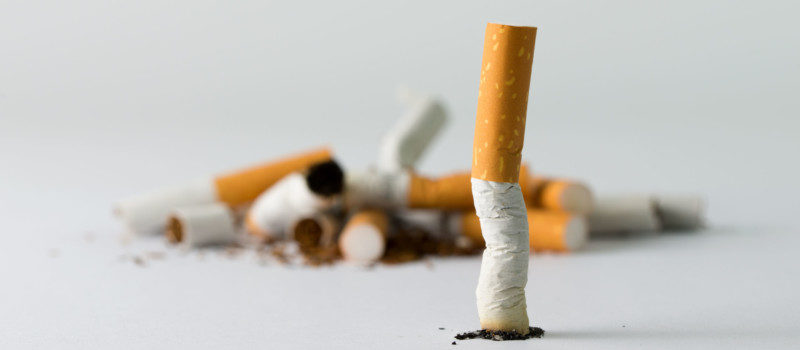All The Ways Smoking Complicates Your Spine Surgery
Category: Spine Surgery | Author: Stefano Sinicropi

We all know that smoking is linked to a variety of health issues, so it should come as no surprise that it also causes a number of problems for your spine surgery procedure and recovery. In fact, most people are not aware of all the ways that smoking complicates your back surgery and rehab, so in today’s blog, we’re going to take a closer look at smoking and its impact on spine surgery.
How Smoking Affects Your Spinal Procedure
During your initial consultation with a spine specialist, they are going to ask if you smoke. It is imperative that you be honest with your care team. We’re not here to judge you, but we do need to understand all factors when determining the best course of treatment. Don’t be surprised if your care team tries to help you kick the habit, because smoking can make the treatment process much more difficult. Here’s a look at some of the ways smoking affects your ability to get treatment for your back pain.
- May Not Be Approved By Insurance – Smoking will increase your risk of complications during and after your spine surgery, and it’s even possible that your insurance provider will not provide coverage for a surgery if you are a smoker with no intentions of giving up the habit. Laws and insurance regulations are always changing, but know that in some instances, insurance may not fully approve coverage for a procedure if the patient is a smoker.
- Doctor May Not Approve – Smoking can also make it less likely that your specialist will recommend moving forward with a surgical procedure. If you have significant spinal degeneration as a result of your smoking habits and have no intention of changing your habits after surgery, the doctor may determine the risks of surgery outweigh the potential benefits and opt not to move forward with an operation.
- Harder To Sedate Properly – If your lungs have been weakened as a result of smoking, it can be harder for an anesthesiologist to keep you breathing as expected during the procedure. If you need to be put out for your operation, a history of smoking can complicate the breathing process while you are out.
- Decreased Wound Healing – Smoking damages the blood vessels that help to bring oxygenated blood to the wound site, and it also leads to increased levels of carbon monoxide in the body. Both of these factors can end up delaying the healing process. Also, because healing takes longer, a smoker would be at an elevated risk for a post-op infection.
We strongly recommend that you work to kick your smoking habit while you’re working to overcome your back pain. The earlier the better, but oftentimes insurance companies want you to be smoke free for a number of weeks prior to a surgery that they’ve approved. For example, Medicare patients are typically told that they need to be smoke-free for six weeks prior to their surgery. Smoking during the six-week lead up to their operation is a potential grounds for a claim denial, which could end up costing you tens of thousands of dollars or more in the long run.
In the end, it’s simply not worth it from a health and financial standpoint. We know that it won’t be easy, but it will significantly improve your likelihood of a successful spine surgery and recovery, so it is worth it for your health. Dr. Sinicropi and his team have a number of partners and resources available to help you kick the habit if you have been told that you need to stop smoking, so know that you don’t need to do this alone. We will be more than happy to connect you with helpful resources that can make quitting quite a bit easier.
For more information on how smoking can affect your spine pain treatment, or for help with a different back issue, reach out to the team at The Midwest Spine & Brain Institute today at (651) 430-3800.